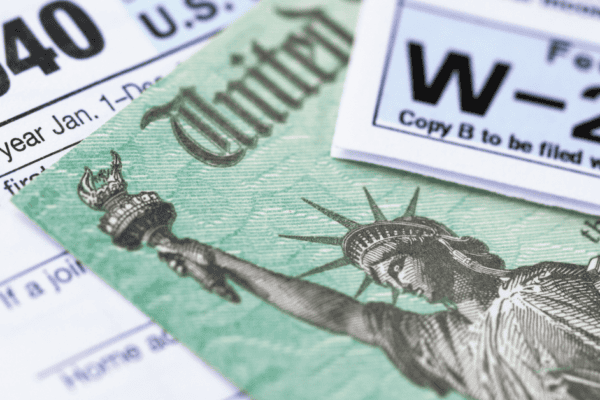In many ways, 2020 was one for the record books. Since we are financial advisors and not social or political pundits, we’re going to focus on what happened in the investment world and what we should take away from this historic year.
First, it took only 6 days for the S&P 500 to fall into a correction (10% loss), 16 days dip into bear market territory (20% loss), and 22 days to fall 30% from its record high February 19, 2020. All three occurrences were records. Even during the Great Depression, we did not see stock prices fall so far, so fast.
On March 17th CNN discussed how stock exchanges might shut down entirely, and we could be in for a market worse than 1929. On April 6th JP Morgan wrote, “Investors should prepare for a coronavirus-induced ‘vicious spiral’ more than twice as bad as the financial crisis.” The fear of the unknown was palpable in those early days of the pandemic. The future of our health, economy, and markets looked bleak. While the human cost has been devastating, and we are still not out of the woods, there is a glimmer of hope that the future looks brighter. It feels like a good time to unpack some of the lessons of 2020 from an investment standpoint:
Lesson 1: The old became new– I can’t tell you how many articles our team has read telling us that traditional portfolio management techniques are obsolete; buy and hold is for suckers, 60/40 portfolios are dead (a traditional portfolio many consider balanced is 60% stocks/40% bonds), and index funds guarantee you aren’t going to beat the market. These are just some of the ideas you hear floating around asset management circles. 2020 proved them all wrong. Low-cost, diversified investment portfolios, while perhaps boring, continue to produce the best long-term results.
Lesson 2: Knowing the future is not enough– If I told you the events that were going to transpire in 2020 on January 1st last year, I think most of you would have pulled your money out of the market as fast as possible. And by the end of March, you would have been feeling pretty good. But knowing future events is not enough. You have to know how the market is going to react to those events. Who would have guessed that amidst all the turmoil this world and our country experienced, the S&P 500 would be up 18% in 2020?
Lesson 3: The best moves are almost always small– Going all in or completely abandoning an investment is an extremely difficult strategy to pull off. We’ve found small incremental moves typically make the most sense. In March, many of our client’s portfolios were out of balance due to the drop in stock prices. Small equity purchases were necessary to bring these portfolios back into tolerance. No one knew if we had hit bottom, so we continued to follow our process called for small moves to get back to our targets. When you don’t know what will happen, it is best not to risk everything in the future and keep your moves small.
Lesson 4: Bubbles are easy to spot (in hindsight)– Many have been calling the technology sector a bubble. It’s not hard to see why. Technology stocks were up 44% this year and have had nearly 28% per year for the last five years. Tesla was up 695% in 2020! Anyone calling these stocks is in a bubble has been spectacularly wrong thus far. I don’t know if this is a bubble or not. No one does. We will only know in hindsight.
Thus far, the investment markets of 2021 have really just been a continuation of these themes. On a day when we saw an invasion of the US Capitol, the stock market hit another all-time high. Knowing the future is not enough.



